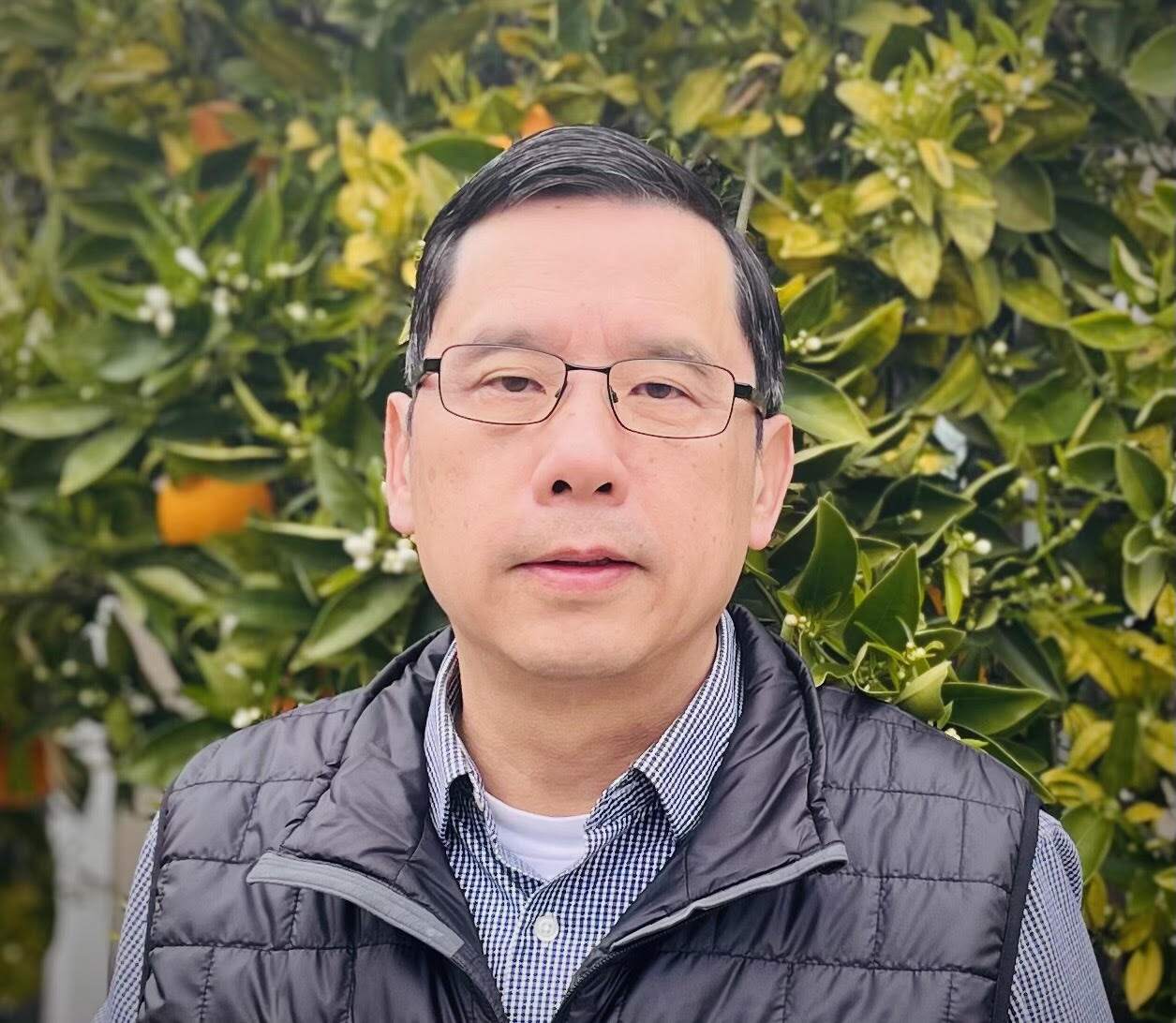THE 4th STAT4ONC ANNUAL SYMPOSIUM
KEYNOTE Session 3
May 8, 2021
8:30 AM– 9:45 AM PT
Evolving I-SPY 2 to optimize patient outcomes
Laura Esserman and Christina Yau
The University of California, San Francisco
I-SPY 2 is a multicenter phase 2 platform trial that evaluates novel agents and combinations for women with high-risk stage II/III breast cancer in the neoadjuvant setting. The primary endpoint is pathologic complete response (pCR). The goal is to screen promising experimental regimens and rapidly identify those with a big signal and to determine for which biomarker signature they are effective based on receptor status (HR/HER2) and MammaPrint risk (MP). Agents can “graduate” if they have a high probability of success in a future phase 3 trial, reach a maximum accrual, or drop for futility. Randomization is response adaptive within HR/HER2/MP defined subtypes, so that patients are more likely to receive agents from which they are most likely to benefit; serial MRI imaging and accumulating pCR data are used to continually estimate pCR rate and update randomization probabilities for trial arms.
Over the past 10 years, we have evaluated 22 agent/combinations. We have clearly demonstrated that the early endpoint, complete pathologic response, is highly prognostic for distant disease free survival, regardless of subtype or therapy. This creates a challenge, in that clinicians will treat those with residual disease, which diminishes the impact of the pCR as a predictive endpoint. However, it is also an opportunity to improve the design of I SPY 2 to individualize therapy and increase the proportion of patients who reach pCR. One of the challenges is that, as treatments become more effective, the incremental benefit of adding experimental therapies in combination may be limited, increasing both toxicity and cost. Again, that provides the opportunity to evolve trial the I SPY 2 TRIAL design to preserve the ability to evaluate novel regimens while optimizing patient outcomes.
Care is evolving and the I SPY 2 TRIAL is evolving accordingly. The I-SPY 2.2 design introduces sequential therapies, starting with novel non standard chemotherapy or biologics as a first sequence, biomarker optimized taxane based combinations as a second sequence, and doxorubicin based therapy as a third sequence. Targeted de-escalation based on response, using MRI and biopsy, supports a decision to proceed to surgery after each sequence. Early escalation will be based lack of imaging response after 6 weeks. Optimal sequences will be assessed using a Sequential Multiple Assignment Randomization Trials (SMART) framework. By evaluating targeted regimens in sequence based on an understanding of biology (as reflected by the subtypes), rather than using all treatments in combination (chemotherapy and biologics) for all patients, we believe we can optimize patient outcomes within a clinical trial setting. Challenges to overcome include thresholds for graduation, and constructs to integrate efficacy and toxicity so that effective and less toxic regimens can be developed, approved, and rapidly made accessible to patients and improve overall outcomes.
Laura Esserman, MD
University of California, San Francisco (UCSF)
 Dr. Laura Esserman is Professor of Surgery and Radiology at the University of California, San Francisco (UCSF) and director of the UCSF Breast Care Clinic. Her work in breast cancer spans the spectrum from basic science to public policy issues, and the impact of both on the delivery of clinical care. Dr. Esserman is recognized as a thought leader in cancer screening and over-diagnosis, as well as innovative clinical trial design. She led the creation of the University of California-wide Athena Breast Health Network, a learning system designed to integrate clinical care and research as it follows 150,000 women from screening through treatment and outcomes. The Athena Network launched the PCORI-funded Wisdom Study, which tests a personalized approach to breast cancer screening in 100,000 women. She is also a leader of the innovative I-SPY TRIAL model, designed to accelerate the identification and approval of effective new agents for women with high risk breast cancers.
Dr. Laura Esserman is Professor of Surgery and Radiology at the University of California, San Francisco (UCSF) and director of the UCSF Breast Care Clinic. Her work in breast cancer spans the spectrum from basic science to public policy issues, and the impact of both on the delivery of clinical care. Dr. Esserman is recognized as a thought leader in cancer screening and over-diagnosis, as well as innovative clinical trial design. She led the creation of the University of California-wide Athena Breast Health Network, a learning system designed to integrate clinical care and research as it follows 150,000 women from screening through treatment and outcomes. The Athena Network launched the PCORI-funded Wisdom Study, which tests a personalized approach to breast cancer screening in 100,000 women. She is also a leader of the innovative I-SPY TRIAL model, designed to accelerate the identification and approval of effective new agents for women with high risk breast cancers.
Christina Yau, PhD
University of California, San Francisco (UCSF)
 Christina Yau, PhD, is Association Professor of Surgery at the University of California, San Francisco. She is a bioinformatician with extensive experience in analyzing high dimensional biological data, such as gene expression and inferred pathway activity data, to address important questions in translational cancer research. She actively participated in the Cancer Genome Atlas (TCGA) Research Network efforts to comprehensively characterize the molecular portraits of human cancers. She is a member of the I-SPY 2 Data Access and Publication Committee and Biomarker Working Group.
Christina Yau, PhD, is Association Professor of Surgery at the University of California, San Francisco. She is a bioinformatician with extensive experience in analyzing high dimensional biological data, such as gene expression and inferred pathway activity data, to address important questions in translational cancer research. She actively participated in the Cancer Genome Atlas (TCGA) Research Network efforts to comprehensively characterize the molecular portraits of human cancers. She is a member of the I-SPY 2 Data Access and Publication Committee and Biomarker Working Group.
Chair : Ying Lu
Stanford University School of Medicine
 Ying Lu, Ph.D., is Professor of Biomedical Data Science in the Department of Biomedical Data Science, and by courtesy in the Department of Radiology and Departement of Health Research and Policy, Stanford University School of Medicine. He is the Co-Director of the Stanford Center for Innovative Study Design and the Biostatistics Core of the Stanford Cancer Institute. He was the director of VA Cooperative Studies Program Palo Alto Coordinating Center (2009-2016) and a Professor of Biostatistics and Radiology at the University of California, San Francisco (1994-2009). His research areas are biostatistics methodology and applications in clinical trials, statistical evaluation of medical diagnostic tests, validation of biomarkers, radiology, osteoporosis, oncology, meta-analysis, and medical decision making. He published more than 300 research papers in peer-reviewed journals, edited two books and numerous book chapters. Professor Lu is an elected fellow of the American Association for the Advancement of Science (AAAS), the American Statistical Association (ASA) and Associate Editor (Biostatistics) for the JCO Precision Oncology. Dr. Lu received his BS in Mathematics from Fudan University, MS in Applied Mathematics from Shanghai Jiao Tong University, and Ph.D. in Biostatistics from the University of California, Berkeley.
Ying Lu, Ph.D., is Professor of Biomedical Data Science in the Department of Biomedical Data Science, and by courtesy in the Department of Radiology and Departement of Health Research and Policy, Stanford University School of Medicine. He is the Co-Director of the Stanford Center for Innovative Study Design and the Biostatistics Core of the Stanford Cancer Institute. He was the director of VA Cooperative Studies Program Palo Alto Coordinating Center (2009-2016) and a Professor of Biostatistics and Radiology at the University of California, San Francisco (1994-2009). His research areas are biostatistics methodology and applications in clinical trials, statistical evaluation of medical diagnostic tests, validation of biomarkers, radiology, osteoporosis, oncology, meta-analysis, and medical decision making. He published more than 300 research papers in peer-reviewed journals, edited two books and numerous book chapters. Professor Lu is an elected fellow of the American Association for the Advancement of Science (AAAS), the American Statistical Association (ASA) and Associate Editor (Biostatistics) for the JCO Precision Oncology. Dr. Lu received his BS in Mathematics from Fudan University, MS in Applied Mathematics from Shanghai Jiao Tong University, and Ph.D. in Biostatistics from the University of California, Berkeley.